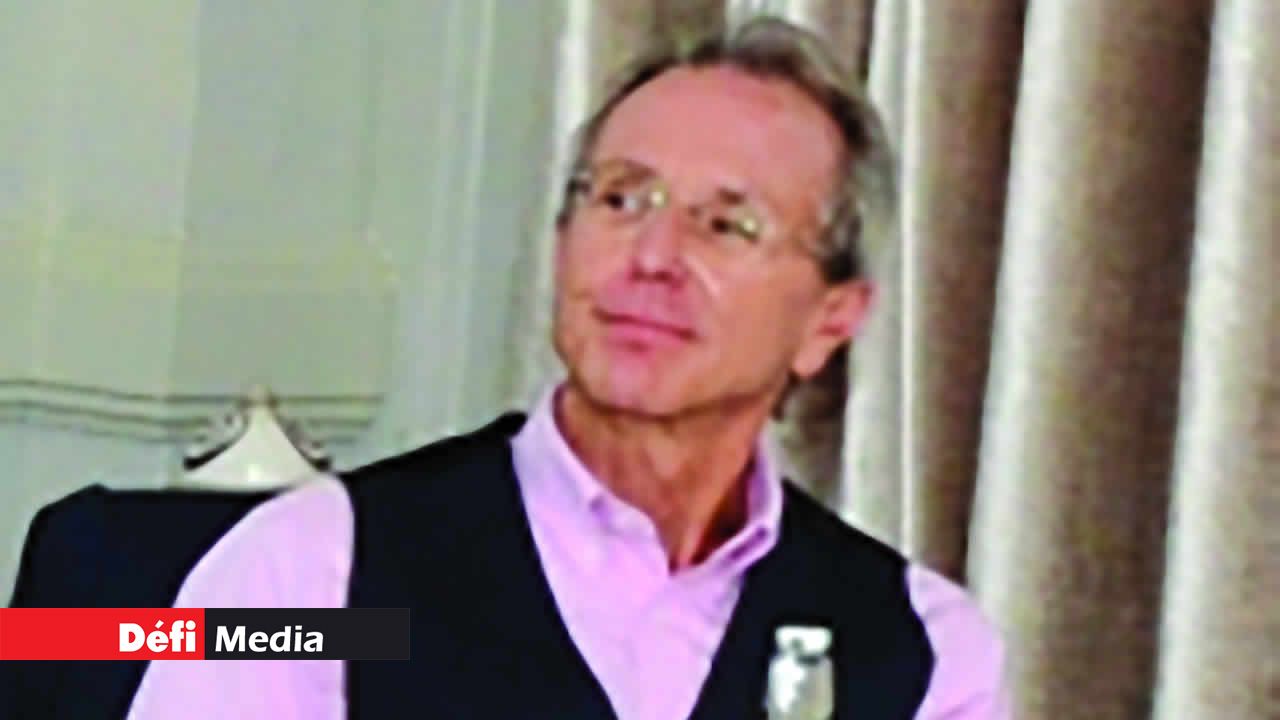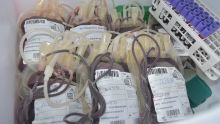
“We are working closely with the trade division of the Ministry of Foreign Affairs and they truly have an incredible team of seasoned professionals who are efficient, pro-active, dedicated and wonderful to work with. They initiated this project together with TradeCom and we are now on the verge of potentially bringing a new ‘private sector’ angle to the SMEs assistance space in Mauritius,” Henri Stitter of Landel Mills tells News on Sunday in the interview that follows. “As I always say to budding entrepreneurs or small enterprises, it is not WHAT you do that counts, it is HOW you do it. Anyone can succeed brilliantly if it is done right!”
Publicité
Henri Stetter is in Mauritius with a team of experts to coach SMEs entrepreneurs on the need to enhance their business environment and promoting exports on the EU market. Some 32 SMEs engaged in different economic sectors are benefitting from the assistance. They took part in a workshop held on 8th February at the Labourdonnais Hotel in Port Louis, where a guide on “Managing Quality in Mauritius” was presented to them.
How did Landell Mills become involved in the exercise of a one-day workshop on Quality Standards for SMEs entrepreneurs?
It started in 2017 when Landell Mills won the EU financed TradeCom project entitled “Strengthening Export Competitiveness for Inclusive Growth in Mauritius, specifically in the context of the I-EPA implementation in Mauritius.”
This project is an eight-month pilot project implemented with the Trade Division of the Mauritian Ministry of Foreign Affairs. The core business model of this project is to bring measurable, enhanced global competitiveness to a specific number of Mauritian SMEs, while consequently impacting the SMEs support eco-system in Mauritius.
The project has four components that together result in a “360 degree” strategy of improved competitiveness to Mauritian SMEs:
- Quality, Quality Assurance and Quality Certifications
- Business Development and Export Growth
- Trade Development and Global Business Intelligence
- Rules of Origins
In addition to my role as the project’s Team Leader, we have four other world class Business Experts mentoring and hand-holding SMEs in the above mentioned areas. The entire team spent a lot of time in the field, visiting Mauritian SMEs in their own premises and working on concrete, tailor made action plans suitable for each one of them.
What is your assessment of the entrepreneurs taking part in the workshop? Were they empowered enough to meet the demands of international institutions?
At the beginning of the project, together with our core stakeholders, we selected 32 Mauritian SMEs as “participating partner enterprises”. These 32 local companies covered a variety of sectors and industries, such as textile, agro-products, health products, ICT, light manufacturing, toys, recycling, construction, etc.
Our Team of experts and myself visited most of these SMEs several times in order to have familiar, actual hand-holding practice and to help them improve their operations in accordance with their own specific needs and weaknesses. Some of them may need additional assistance in terms of quality standards, while others in terms of international business development, and some of them in terms of digital marketing and so on.
The core competitiveness, the unique business model of this particular project is that it is “By Business People, From Business People.” The entire Project Team comes from the private sector, we have all managed businesses, and we are able to coach and mentor the specific SMEs from our very first visit.
The SMEs who attended this first workshop dedicated on quality, quality standards and certification are working closely with our team on these specific areas for potential improvements.
Some of the SMEs who attended the workshop have already made great strides forward and they spoke about their success stories, in order to encourage others.
Do you think that one day is enough to sensitize entrepreneurs on the subject?
This one-day workshop was only one small element of our approach in helping these Mauritian SMEs improve their quality standards or become internationally certifiable. This workshop was “mid-stream.” We have been working up-stream with these SMEs for the past six months and will be working with them in the course of the next few months.
Whereas our project officially ends in April 2018, our hands-on approach and our approaches of bringing measurable and quantifiable results to these SMEs is so unique that we have been able to form a team of organizations who plan to take over our Business Model and bring it to the next level. We are currently working with partner organizations such as SME Mauritius, Business Mauritius, AMM / Made in Moris, thus ensuring the ability to have a proper hand-over, to add more SMEs and to keep the same hands-on, “by business people, for business people” strategy in the future.
In addition, to address the need for complete quality, quality standards and certifications, additional workshops dealing with the other components of our project are in the pipeline. The next workshop is scheduled to take place on March 8 and 9, and will deal primarily with Marketing and Business Development (following the innovative and impactful Business Canvas Model), Trade Intelligence and Rules of Origin.
In the course of the past few years, hundreds of Mauritian SMEs have attended international trade fairs or exhibitions. Many additional SMEs have accessed information related to international and export opportunities. Yet, very few (far less than 10% in my personal opinion) have managed to develop a sustainable, long term export business. Year after year, Mauritius has a few hundred exporters (if you exclude sample shipments or very small trial orders) and less than 200 exporting SMEs actively doing business.
This is due to the fact that most of them are not ready, have internal and systemic weaknesses thus, resulting in offers that are not competitive. I have always said, and it is not only the case in Mauritius (I work and have worked on similar programmes in Tunisia, Vietnam, Jordan, Laos, etc.) that it takes anywhere from six to 18 months of focused work to ensure that an enterprise is truly globally competitive and ready to go to an international trade fair with a chance of success.
Actually attending a fair while not being totally prepared is counter-productive, and tarnishes the image, the branding of the company and of the country it comes from.
What are the real possibilities for Mauritian SMEs to face competition against world growing economies like India and China?
I have myself managed manufacturing and exporting companies in China for 25 years, I speak Mandarin and understand this challenge particularly well. Mauritius will never be able to compete at the lower end of the spectrum or even with mid-range types of products, if we talk about manufacturing locally. Many of the raw materials and needed components are not available locally, R&D is quasi non-existent, manufacturing efficiency is low and there is a lack of qualified manpower.
Mauritius however has a really advantageous opportunity in terms of manufacturing and exporting higher value added products for fast replenishment. Every day I meet and see amazing examples of young, local SMEs exporting successfully to regional markets or even to Europe or the US.
However, in order to be able to be successful, the “360 degree competitiveness” must exist. This means the right product with the right packaging, proper certification, digital tools, efficient communication, and prompt delivery, etc.
Through its four components, our pilot project is precisely addressing the main elements that will make Mauritian SMEs more globally competitive.
World trade seems to be highly protected in favour of developed countries. What are the chances for small economies to cut a share in the export sector?
In my personal opinion, smaller economies have just as much of a chance, if they focus and specialize on what they can do well. Mauritius has shining examples of SMEs exporting high quality medical instruments, apparel, packaged food, hotel accessories, software, to name a few. The opportunities that exist are literally endless if one takes a quality approach and ensures that all the elements of the “360 degree competitiveness” are met.

Notre service WhatsApp. Vous êtes témoins d`un événement d`actualité ou d`une scène insolite? Envoyez-nous vos photos ou vidéos sur le 5 259 82 00 !























